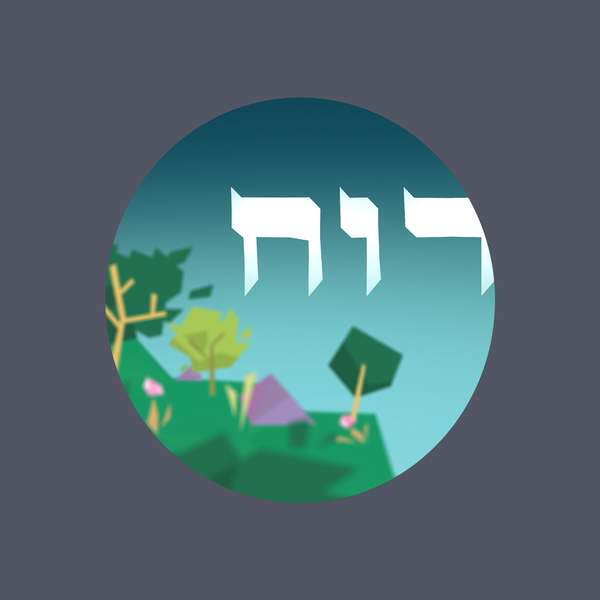
God's Ruakh
What does it mean for man to have a spirit? How does God's Spirit interact with man's spirit?
Episode Chapters
Show Notes
In this episode, Tim and Jon continue to unpack the concept of the Holy Spirit. Last time, they focused on the spirit of God. This time, they’ll look at what the word spirit means and the difference between God’s spirit and human spirit. Scripture is full of examples of God’s spirit influencing and empowering people, but is this really still happening? What does the spirit of God have to do with us today as followers of Jesus, and how will God use his spirit and use people to fulfill his purpose for creation? In the first part of this episode (01:33-18:36), the guys look at the Hebrew word for spirit, “ruach.” They track the ruach of God throughout Scripture, so that we can begin to understand the purpose of God’s spirit. They also talk about what it means for humans to have a spirit. In the next part of the episode (19:00-40:43), Tim and Jon break down the four different definitions of ruach. They look at the way God’s spirit empowers people in Scripture, working with their human spirit to accomplish God’s will in the world. God uses some pretty bad guys in the Bible, but understanding the different aspects of God’s ruach can help make this a little more clear. In the final part of the episode (41:26-51:38), Tim and Jon look at the Hebrew prophets and the way they spoke about the ruach of God. God’s ruach and the new creation are directly connected. The Messiah is described as one who will be fully permeated by the ruach of God, and his coming will completely change the way creation operates. The prophets reiterate what so much of the Hebrew Scriptures are pointing to: The only hope for creation and humanity is for God to recreate humans through his spirit. Video: This episode is designed to accompany our video, "Holy Spirit." You can view it on our youtube channel here: https://www.youtube.com/watch?v=oNNZO9i1Gjc Scripture References: Psalm 32, Psalm 51, Genesis 41, Exodus 31, Deuteronomy 34, Micah 3, Isaiah 11, Ezekiel 37
Scripture References
Referenced Resources
Interested in learning more? Check out Tim's library for a list of recommended books and other resources.
Get the BibleProject app for access to our entire library of resources in one place.